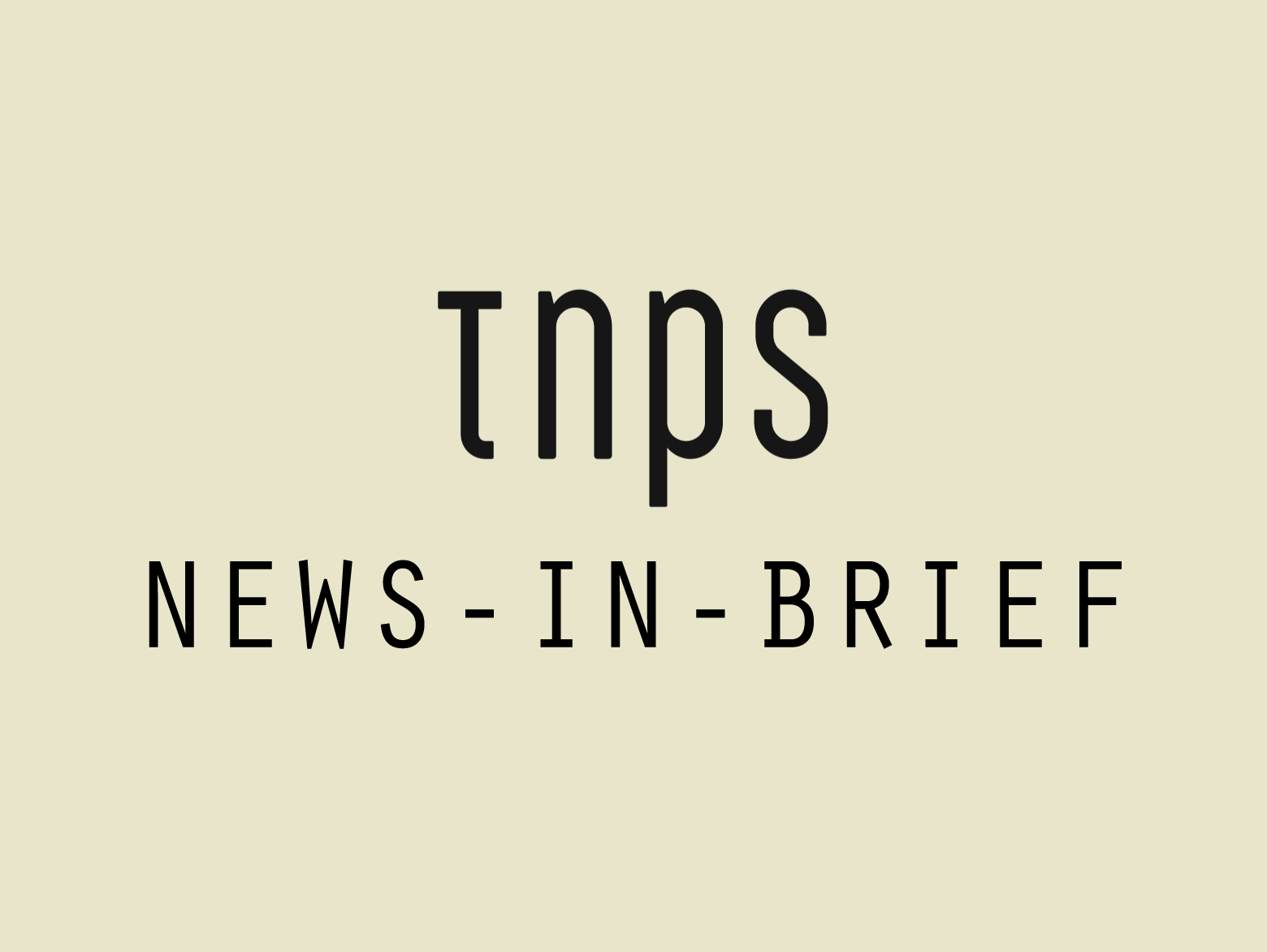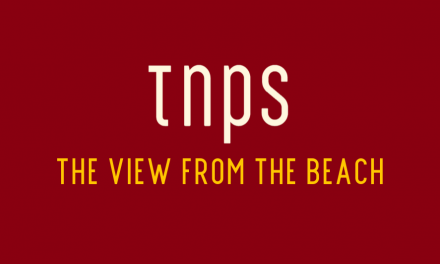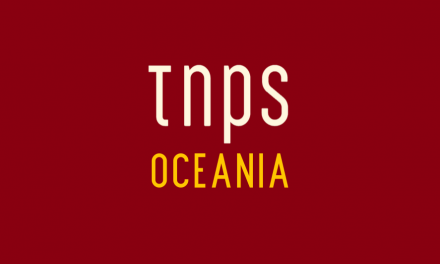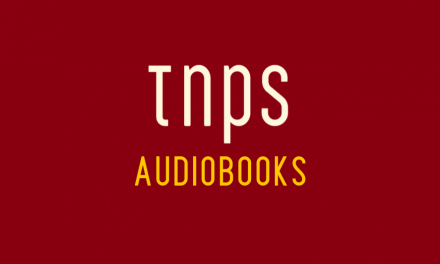As I write this, HarperCollins’ CEO Charlie Redmayne is due to make a keynote speech at Frankfurt on the subscription model.
Too soon to report on that, but in a preview interview over at Publishing Perspectives earlier this month Redmayne said,
Ultimately, if subscription is a business model that consumers buy into, then it’s incumbent upon publishers to find a way of working with subscription models in a way that protects the IP of their authors and the value of their authors’ content. Just sitting there like King Canute, saying, ‘We will not engage,’ means ultimately that the tide will come in and you’ll be left with very wet feet.
Markets Keynote at Frankfurt: Charlie Redmayne on Realistic Innovation
While all the bigger publishers have either completely avoided, or at best cautiously experimented with, Amazon’s Kindle Unlimited, many are using other subscription services (Scribd, 24Symbols, Skoobe, Bookmate, Epic!, Storytel, etc), and seeing real benefits.
This week comes news from Germany that Thalia plans to invest (subject to regulatory controls) in the German subscription service Skoobe.
In a press release Skoobe MD Julian Manzel explained Thalia would join Verlagsgruppe Random House, Holtzbrinck Publishing Group, and the media service provider Arvato to reach new target groups and accelerate customer growth.
Michael Busch, CEO and Managing Partner of Thalia, part of the Tolino Alliance, said,
With our sales and marketing know-how, we want to contribute to and further increase the competitiveness of Skoobe. Joining forces with the leading publishers makes it possible for the industry to create an attractive platform for digital subscription models, which is also open to the other Tolino partners.
Skoobe offers over 200,000 books from more than 4,800 publishers, that are read for a monthly flat rate.
Charlie Redmayne will no doubt be enthused by the news, but Penguin Random House CEO Marcus Dohle will be having mixed feelings.
Despite Skoobe being a project of the PRH parent company, Dohle has been vocal in his denunciation of the subscription model.
In 2016 Dohle said,
A la carte is not broken […] I don’t see us supporting subscription models, because we just don’t need it. Somehow we have to protect the measure of our intellectual property. Take an e-book for $12, that’s entertainment for 15 to 30 hours. That’s a fair deal compared with a movie and other media formats. I think we have a very robust pricing model in the market and subscription would just change the whole dynamic.
Curiously Dohle in the same interview asserted the,
essence of the change (brought about by digital was less about formats than) the shift to the end consumer: not in terms of transaction for us but how we make people aware of great reads in a world of fewer book stores … Cracking that code of discoverability in this new digital world that is the task for book publishers today.
Yet as other publishers are finding again and again, the subscription model does exactly that, allowing readers to sample works they would otherwise never buy, and may not even hear of.
Meanwhile Storytel shows that the subscription model is what consumers want.
The big problem with the subscription model is of course that the biggest ebook subscription service by far is run by Amazon, which for its biggest supply chain, indie authors, offers terms few right-thinking publishers would find acceptable.
In a scathing post today, David Gaughran asks why it is Kindle Unlimited is such a magnet for scammers.
The introduction of Kindle Unlimited has been a big win for some writers and a huge loss for others. Any disruptive innovation will shake up the population of winners and losers — that’s what disruption does. However, this particular innovation seems to have worsened the power curve considerably. While those winners are getting unprecedented riches, everyone else seems to be either writing faster and advertising more to stay still, or is slipping back. I don’t think that’s healthy for the market overall or sustainable in the long-term — and it’s encouraging practices which worsen all those trends, such as the use of ghostwriters to power an incredible release schedule.
Gaughran concludes,
I’ve never understood Amazon’s approach to this mess. Amazon spent so much time and money creating the best recommendation engine on the planet, which has led to it being repeatedly named as the #1 most trusted brand in the world by consumers. The quality of recommendations that customers get surely plays a huge part in that — and Amazon has consistently taken the long-term approach of foregoing easy money to build trust in those recommendations.
Letting scammers piss all over the charts hugely undercuts that.
I wonder if Amazon ever thinks about this. Does it ever wonder why these cheaters have chosen the Kindle Store as their playground? Does Amazon ever ask itself this: what it is specifically about Kindle Unlimited that makes the publishing business suddenly attractive to these shitweasels?
If Marcus Dohle at PRH was objecting to the subscription model because of Amazon’s persistent failure to address the way in which the subscription service is scammed, and because Dohle doesn’t want his books alongside pirated PDFs, and books that got in the charts thanks to,
rank manipulation, incentivizing purchases, mass gifting, clickfarms, fake reviews, formatting hacks, plagiarism, and book stuffing (Gaughran blog),
then one could understand the PRH CEO’s position.
Hopefully we’ll have details soon on Redmayne’s keynote on this topic.
Meanwhile I can only concur wholeheartedly with Redmayne’s words as quoted above:
Just sitting there like King Canute, saying, ‘We will not engage,’ means ultimately that the tide will come in and you’ll be left with very wet feet..
Love it or hate it, the subscription model is part of the industry furniture now.





